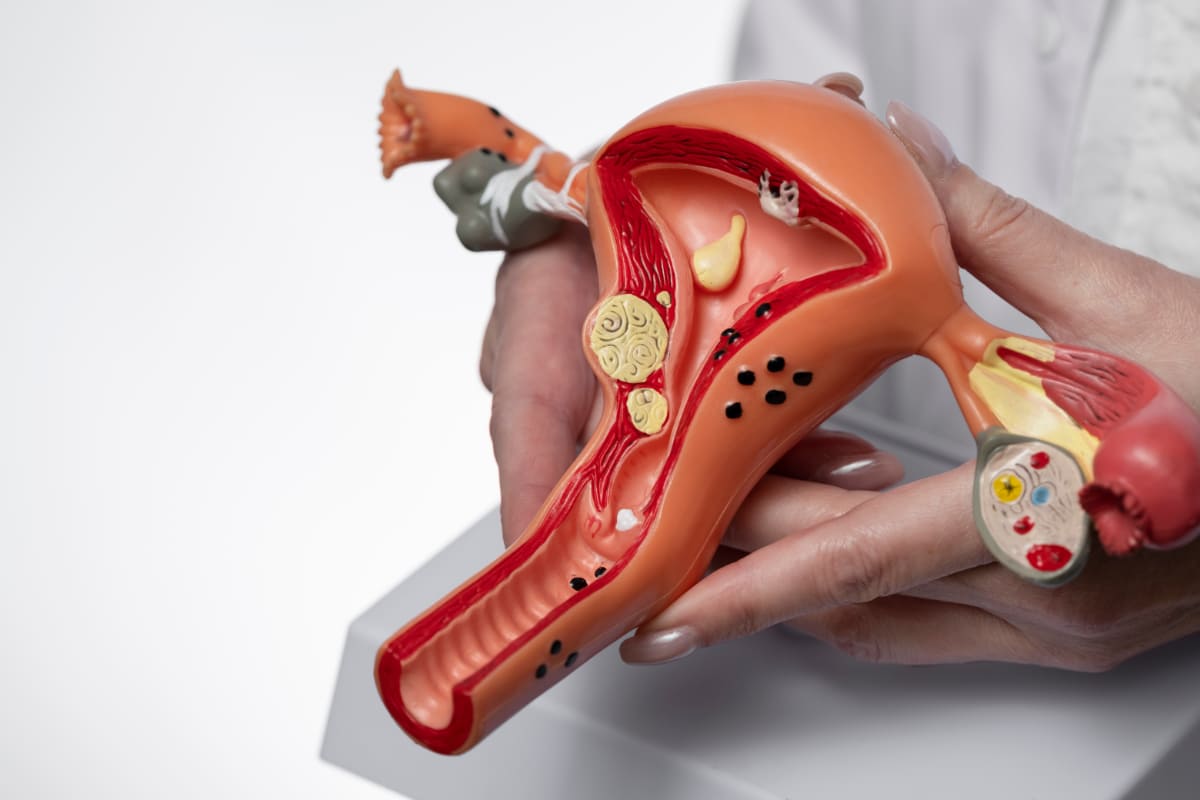Author –Dr Preety Aggarwal
MBBS, DGO, DNB,
Medical Director (Gurgaon)- Obstetrics and Gynaecology
5 Key Nutrients Every Pregnant Woman Should Prioritize
Introduction:
A balanced diet is of utmost importance when you are pregnant. As the adage goes, “You are what you eat”, Eating the right nutrients for your baby is essential for overall growth and development. According to Dr Preety Aggarwal, MBBS, DGO, DNB, Medical Director (Gurgaon)- Obstetrics and Gynaecology, women can meet their nutritional requirements with a healthy diet including fruits, vegetables, whole grains, and proteins. The best gynaecologist in Gurgaon recommends including a variety of foods in your diet to meet your nutritional requirements.
According to the American College of Obstetrics and Gynaecologists (ACOG), certain foods provide key nutrients to the body and are crucial to be included in your diet.
5 Key Nutrients Every Pregnant Woman Should Prioritize
Here are the key nutrients required for a healthy pregnancy
1. Folate and Folic Acid
Folate and its synthetic form, folic acid is a type of vitamin B that helps in developing the nervous system of the baby. Most importantly it prevents neural tube defects which affect both the brain and spinal cord. During pregnancy, you should aim to have folate from 400 to 800 mg from food alone. The rich sources of folate include leafy green vegetables, beans, nuts, eggs, and citrus fruits. Usually, the top obstetrician-gynaecologist doctors in Gurgaon also prescribe prenatal vitamins containing a synthetic form of folate to meet nutritional needs.
2. Calcium
Calcium helps in building the bones and teeth of the baby as well as helps in building the circulatory, muscular, and nervous systems. The rich sources of calcium are found in dairy products including milk, cheese, yoghurt, as well as eggs, tofu, fish, and green leafy vegetables.
3. Vitamin D
Vitamin D along with calcium helps in developing the bones and teeth of the baby. Moreover, it also helps with skin and eyesight. The rich sources of vitamin D include fatty fish, fortified milk, and eggs. You can also let your body produce the vitamin by exposing it to the sun.
4. Iron
Iron is one of the most important nutrients for both expectant mothers and developing babies. It is used to make haemoglobin which carries oxygen throughout your body. During pregnancy, your body requires more iron to fulfil the needs of the baby. With low iron levels, you are at a risk of developing iron deficiency anaemia which is detrimental to both the mother and the baby. Usually, the top obstetrician-gynaecologist doctors in Gurgaon also prescribe prenatal vitamins containing iron to meet your daily needs. You can, however, also include iron in your diet from red meat, poultry, fish, dark leafy vegetables, and fortified cereals.
5. Vitamin C
Vitamin C is another vital nutrient as it makes it easy for your body to absorb iron. Furthermore, it also helps with building bones, teeth, blood cells and blood vessels, as well as promoting immunity. The vitamin can be found in citrus fruits, tomatoes, berries, broccoli, and so forth.
Other Nutritional Requirements During Pregnancy
Apart from the above key nutrients, the following nutrients are also required during pregnancy
1. Iodine
Iodine is another crucial nutrient for the baby as it helps with developing the brain, and nervous system, and prevents cognitive, and hearing issues. You can include iodine from fish, eggs, potatoes, beans, and iodized salt.
2. Zinc
Zinc helps in developing the brain, boosts the immune system, and promotes cell growth. It is also linked with a lowered risk of preterm delivery. You can include zinc in your diet from poultry, fish, beans, peas, nuts, and so forth.
Having a balanced diet is important for both the mother and the baby. Before, however, starting any supplement or including any food in your diet, make sure to consult Dr Preety Aggarwal at the Motherhood Hospitals for expert guidance.


 Toll Free Number
Toll Free Number















